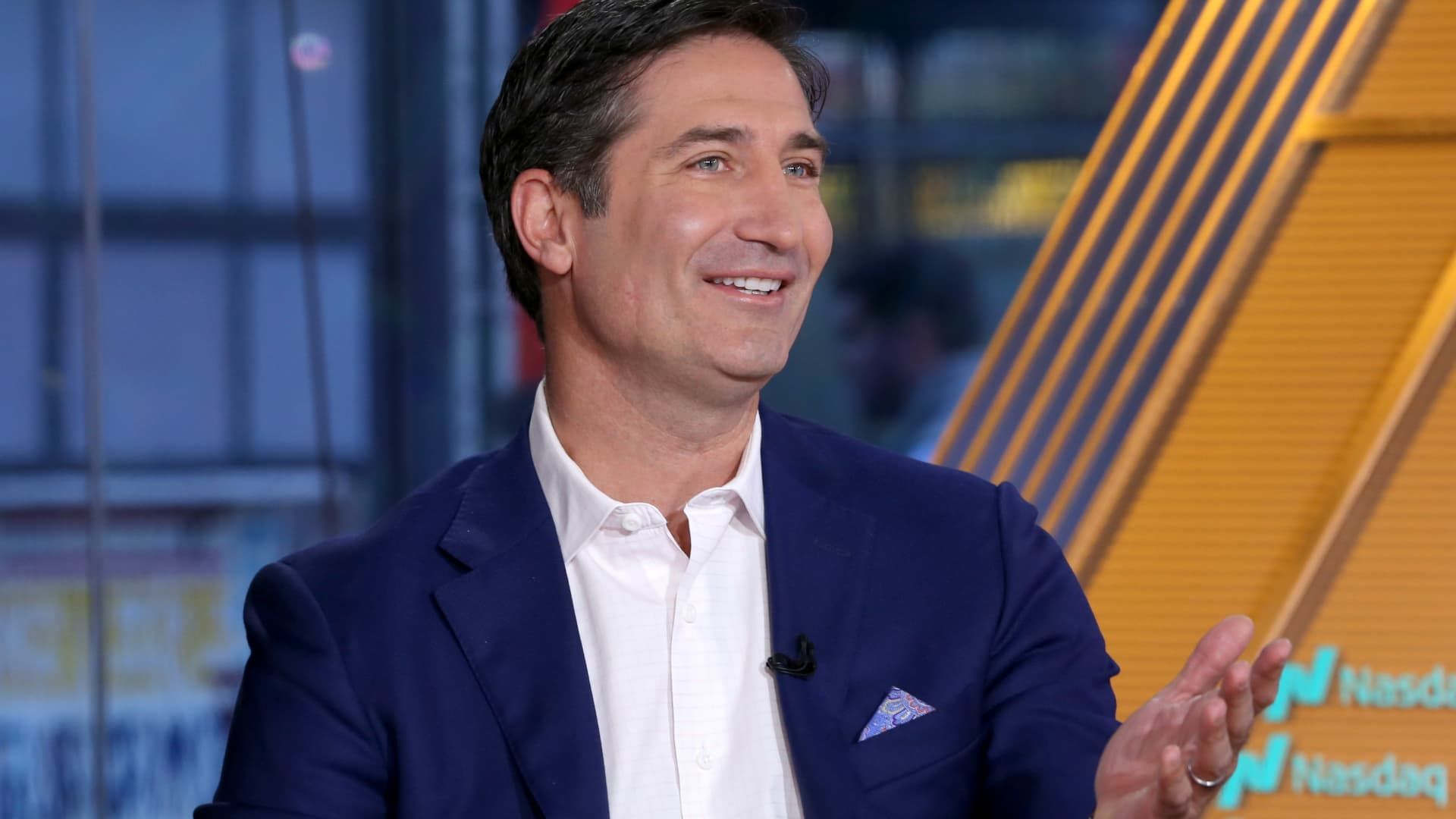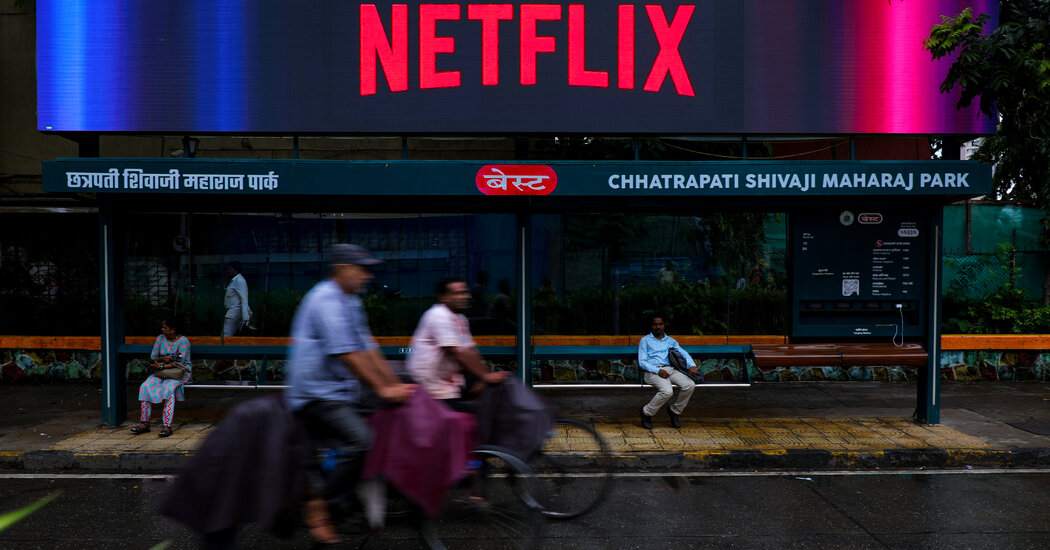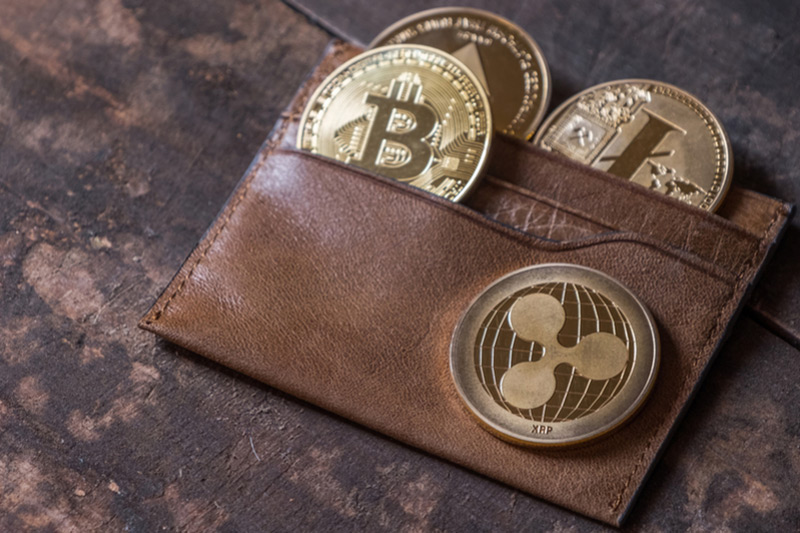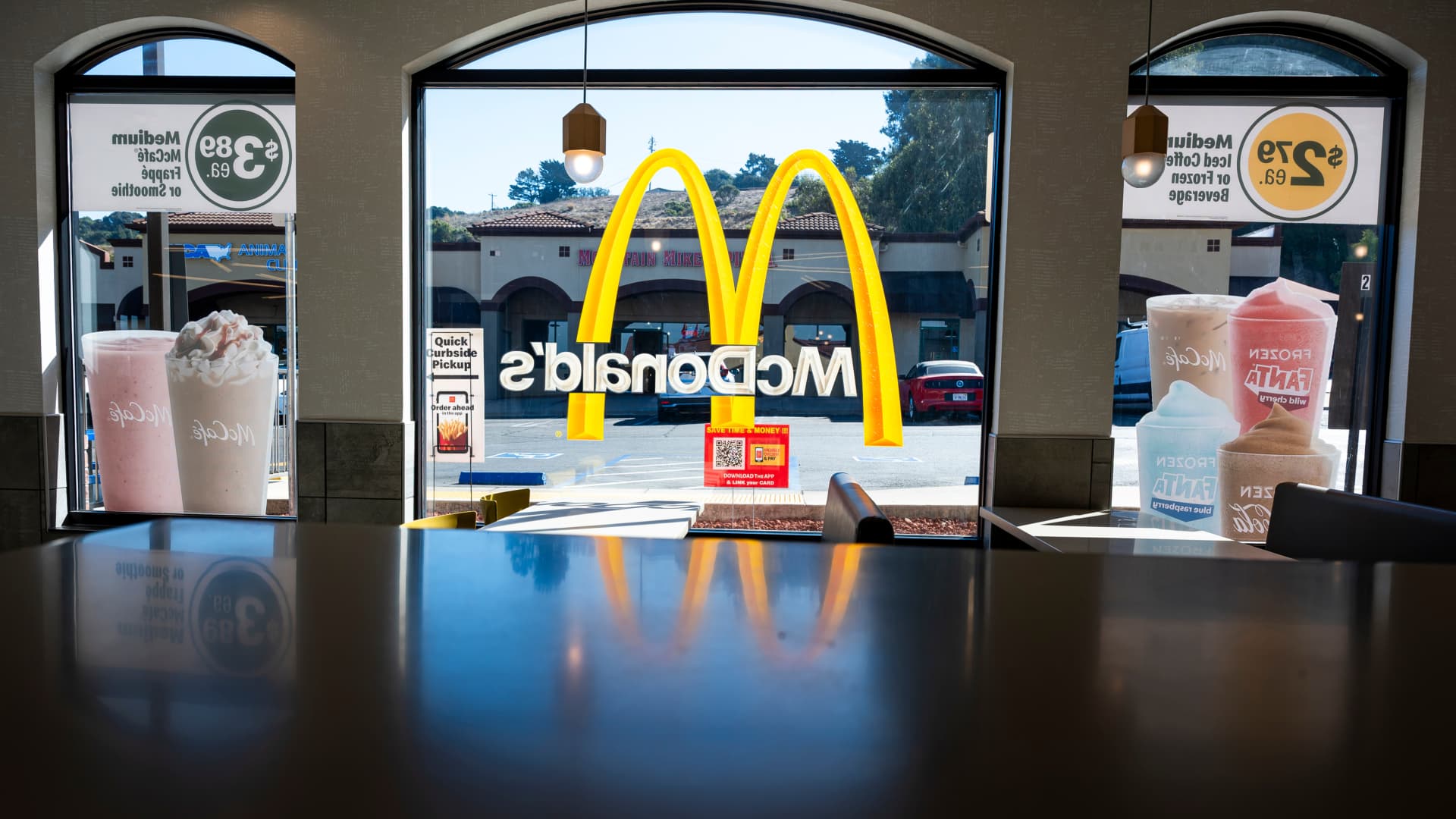Brian Niccol, CEO of Chipotle
Anjali Sundaram | CNBC
Wall Street believes Brian Niccol is the right choice to turn Starbucks around and take the chain beyond the decades of the Howard Schultz era.
Starbucks On Tuesday, the company named Niccol as its new CEO and president. Niccol replaces Laxman Narasimhan, who took over in March 2023 after being handpicked by former CEO Schultz. In its past two quarters, Starbucks reported declining same-store sales while its U.S. business faltered. Once in office, Niccol will be tasked with rejuvenating demand for the company’s coffee.
“In our view, Starbucks is signing a Hall of Fame restaurant CEO, and his appointment as CEO and chairman of Starbucks suggests a new era is underway,” TD Cowen analyst said. Andrew Charles wrote a note to clients, emphasizing the importance of the combined role.
Investors are hopeful that he can revive the company. Starbucks shares rose 20% in afternoon trading on the news, putting them on track for their best day since the company's IPO in 1992. Meanwhile, Chipotle shares fell 9% as shareholders mourned the loss of the longtime chief executive.
Piper Sandler, TD Cowen and Baird all lifted Starbucks shares in the wake of leadership changes.
Other analysts praised Niccol as the right person to address Starbucks' sluggish sales. A challenging consumer environment, worsening customer experience and increasing competition from smaller coffee shops have all weighed on the chain's performance recently.
“We believe this is a dream hire for SBUX and could not think of a better leader to take a fresh look at SBUX's operations, competitive positioning and overall strategy,” said Oppenheimer analyst Brian Bittner.
End of an era?
Niccol's hiring could also mean the end of Schultz's outsize influence over the company he built into a global coffee giant.
“Importantly, Brian is probably the only restaurant executive who has the gravitas to address founder Howard Schultz's 'overreach,'” wrote Evercore ISI analyst David Palmer.
Schultz served as CEO from 1986 to 2000, 2008 to 2017 and 2022 to 2023, twice stepping in to save the company when sales began to decline. His latest return raised concerns about the company's succession.
At the end of his last term, he vowed not to return to the CEO role, though his presence continues to weigh on the company. In May, after a brutal quarter for Starbucks, he wrote an open letter on LinkedIn about the company’s challenges and offered advice to its leaders — without naming Narasimhan.
Even after her retirement, Schultz’s involvement in the company has remained “an unknown on the stock,” Morgan Stanley analyst Brian Harbour wrote in a note Tuesday. Mellody Hobson, who stepped down as Starbucks chairwoman to become lead independent director as part of Tuesday’s management shakeup, said on CNBC’s “Squawk Box” that she told Schultz about the conversations with Niccol, keeping him informed even though he no longer has a formal role within the company.
Schultz also remains a major Starbucks shareholder, with a stake of about 2%.
Schultz endorsed the hiring of Niccol in the press release announcing the restructuring. In a statement, the chairman emeritus said he believes Niccol is the leader the company needs at a “pivotal time in its history.”
Some analysts believe that having Niccol, a seasoned restaurant CEO, at the helm could mean Schultz is finally on his way out. Niccol will also succeed Hobson as chairman, giving him more freedom to make changes.
“This will be the last time investors care what he has to say because Niccol now has the wheel and there is NO room for a secondary driver anymore,” Gordon Haskett analyst Don Bilson wrote.
Niccol also has prior experience taking over a founder-led brand and making it his own. When he joined Chipotle in 2018, he took the reins from founder Steve Ells, who had run the chain since 1993. Niccol moved the burrito chain’s headquarters from Denver to Newport Beach to attract different talent — and perhaps transition the brand away from being founder-led, as Bernstein analyst Danilo Gargiulo wrote in a note.
Future challenges
While analysts generally welcomed Niccol's appointment, some were more cautious, noting that Starbucks is a larger and more complex business than Chipotle.
“Starbucks is a much more complicated model than Chipotle, with company-owned and licensed stores, domestic and international branches and a significant presence in troubled China,” wrote BTIG analyst Peter Saleh.
Chipotle has few licensed locations, except for a few airport restaurants, and a relatively small international presence, although Niccol has been pushing to increase its presence outside the U.S. in recent years.
Starbucks, on the other hand, has more international locations than coffee shops in the United States. And while investors have recently focused on the chain's performance at home, China, its second-largest market, has continued to struggle as competition increases and the country's economy lags.
Narasimhan said on the company's latest conference call that it was exploring “strategic alliances” for its China business, which could include a joint venture, a technology partnership or other options. Niccol's appointment could mean Starbucks abandons that exploration, though he has some experience with spinoffs from his time as chief executive. Yum Brands Taco Bell. While there, the conglomerate spun off its China business in Mmm China.
And while Chipotle's burritos remain in high demand, consumers' economic concerns have dampened their desire for coffee. That may prove a tougher hurdle for Niccol to overcome than investors anticipate.
“Their challenge is to connect with a new customer,” said Wedbush analyst Nick Setyan. “Aside from the power to change the direction of macroeconomic headwinds, we believe shareholder euphoria (as expressed in the share price this morning) is premature.”









